Publications
Articles, publications, books, tools and multimedia features from the U.S. Institute of Peace provide the latest news, analysis, research findings, practitioner guides and reports, all related to the conflict zones and issues that are at the center of the Institute’s work to prevent and reduce violent conflict.

Syria: Regional Fallout from the Civil War
In the first in a USIP series on “sleeper risks” in 2013, possible regional effects of Syria’s civil war are examined. If the regime of Bashar Al-Assad falls back into an Alawite-dominated area under intensifying rebel pressure, the fragmentation of the Syrian state could encourage Kurdish and other separatism, raising questions about the post-Ottoman state system in the Levant.
Nuclear Nonproliferation: A Corroding International Regime
Risks to the international nuclear non-proliferation regime are growing. Nuclear challenges posed by Iran and North Korea are deepening, and other states might begin to hedge their bets with nuclear moves of their own in reaction to a more dangerous strategic environment.
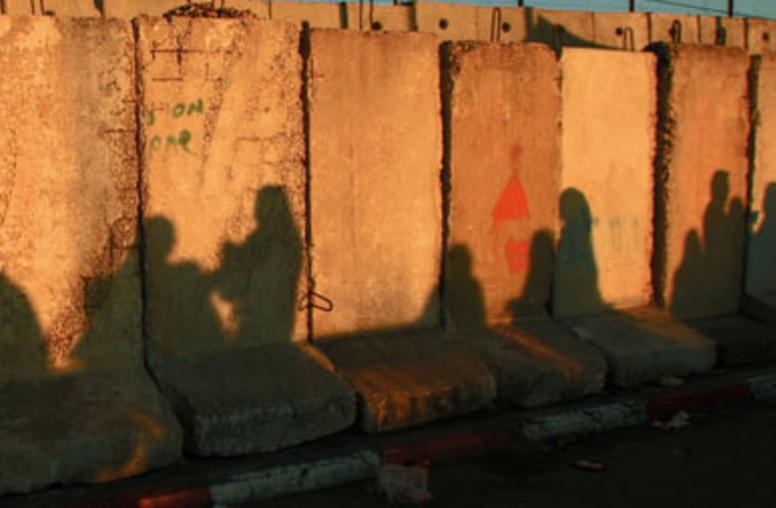
The Israeli-Palestinian Standoff: More Risks Emerging
The hobbled Palestinian economy, the weakness of the Fatah-led Palestinian Authority that governs much of the West Bank and the dormancy of the peace process together may be increasing the risk of a deterioration of the conflict and an rise in violence on the West Bank in 2013. USIP’s continuing series on “sleeper risks” takes a closer look at this potentially explosive dynamic.
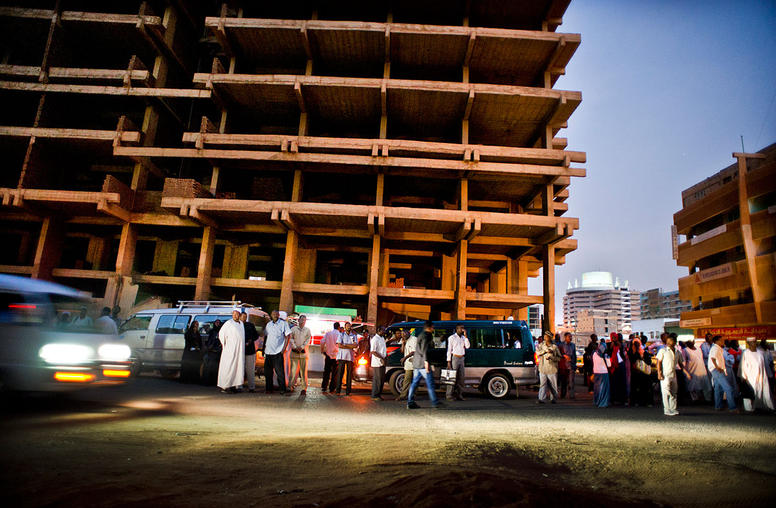
Sudan: Economic Pressures Building
USIP’s continuing series on “sleeper risks” examines how Sudan’s economic crisis may be the single most important factor in the country’s overall trajectory this year, and could very well tear the country apart.

South Sudan: Undemocratic Tendencies on the Rise
South Sudan may be the world’s newest country, but its five-decade struggle for freedom, peace, and independence from Sudan won wide international support and led to formal statehood on July 9, 2011. Though long-term hopes for a successful democracy remain high and the young government in Juba enjoys significant U.S. and international support, South Sudan’s initial period as a nation-state has included some troubling signs of heavy-handed, undemocratic actions.
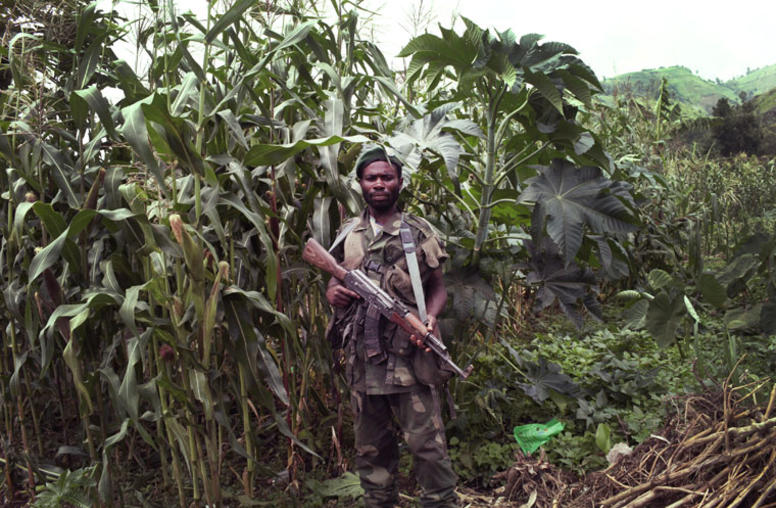
Eastern Congo: Changing Dynamics and the Implications for Peace
On February 22, 2013, the U.S. Institute of Peace convened a panel of experts to discuss recent developments in the war and their implications for peace. Raymond Gilpin, director of USIP’s Center for Sustainable Economies, was joined by John Prendergast and Sasha Lezhnev, both from the Enough Project who recently returned from the region, and Adotei Akwei of Amnesty International.
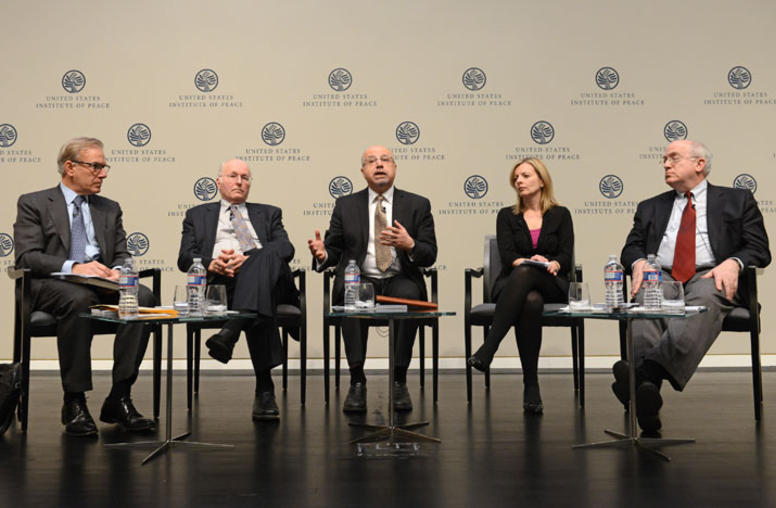
America’s Quest for Arab-Israeli Peace: What Lies Ahead
Three of the five authors of “The Peace Puzzle,” a new book published by the U.S. Institute of Peace (USIP), appeared at an Institute forum on February 19, sounding notes of pessimism about near-term peace prospects but also calling for U.S. leadership on the sort of preparatory work that can lift public expectations in the region out of its current despair and lay the groundwork for a future effort to negotiate a two-state solution to the Israeli-Palestinian dispute.
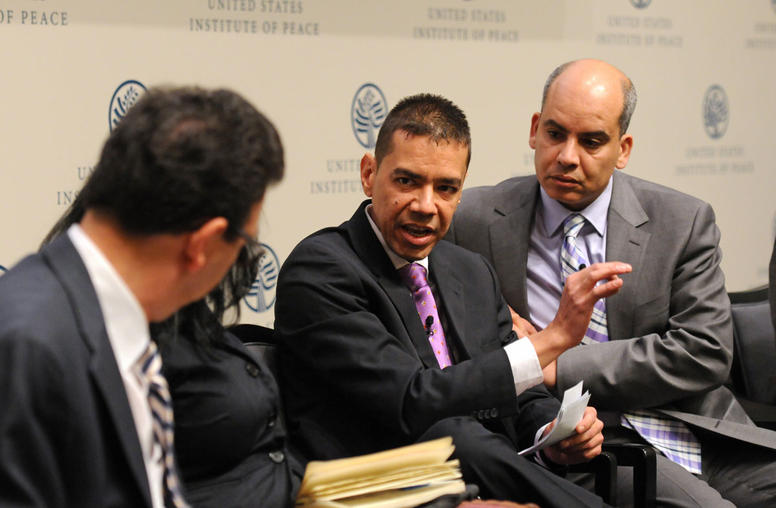
Media as Global Diplomat: Media that Moves Millions
On February 28, USIP convened leaders in technology and media to discuss the unprecedented phenomena of user-generated media campaigns. The day long event was part of USIP's Media as Global Diplomat series.
USIP Contributes to Special Operations Summit
Paul Hughes, the U.S. Institute of Peace’s chief of staff, recently delivered a major lecture at the 2012 Special Operations Summit in Tampa, Fla., on best practices and new tools for post-conflict peacekeeping and stability operations.
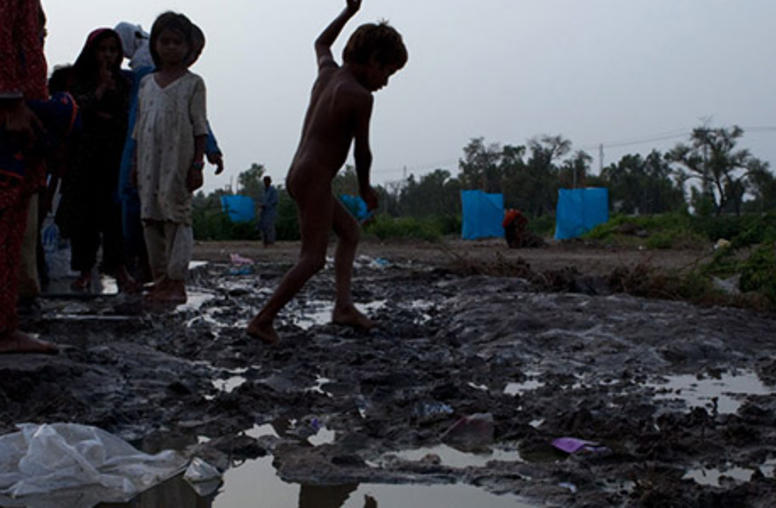
Pakistan’s Militant, Nuclear Threats Mask Underlying Risk: Water
Pakistan’s water supply per capita amounts to less than half that available to the average American. Serious water shortfalls have the potential to generate conflicts within Pakistan, as well as exacerbate regional tension.